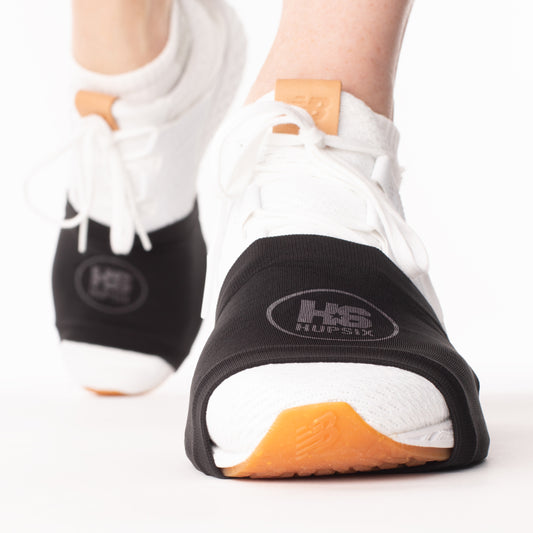
Is Cardio Necessary for Fat Loss?
Quick Answer
No—cardio isn’t required to lose fat. You can eat fewer calories or lift weights and still watch the number on the scale drop.
But here’s the thing: your weight doesn’t measure cardio fitness. Cardio is about something bigger. Even if you lose weight or get stronger, you still need it—because it’s what builds cardiorespiratory fitness (CRF). That’s what decides how long you can train, how fast you recover, and how many good years of life you’ll get. Fat loss is just a bonus.
Why This Question Misses the Point
When people ask, “Do I need cardio for fat loss?” they’re really asking, “What’s the fastest way to make the scale move?”
But the scale lies. It swings with water, food, and stress—none of which say anything about your fitness. You can lose weight in a dozen ways without getting healthier.
Cardio’s not about shrinking. It’s about capacity. That’s why the CDC and American Heart Association don’t give weight-loss targets. They give zone targets: 150 minutes a week of moderate cardio or 75 minutes of vigorous. And every vigorous minute counts double. That’s the scoreboard that matters.
Is Cardio Necessary for Weight Loss?
Cardio isn’t necessary for fat loss, but it is necessary for health. You can be overweight and healthier than someone thin if your cardiorespiratory fitness is higher.
Fit vs. Fat: What the Science Says
Researchers call this the “fat but fit” paradox: people carrying extra weight but maintaining good cardio fitness can be healthier than someone who looks thin but never challenges their heart.
Picture two coworkers—one regularly hits their cardio zones despite carrying some extra weight; the other looks lean but rarely trains their heart. Across large studies, the fitter person tends to have better health outcomes. Fitness often beats body size.
The American Heart Association now classifies cardiorespiratory fitness (CRF) as a clinical vital sign because it predicts disease and mortality risk better than many traditional markers. Simply put: fitness predicts longevity better than weight ever will.
Why Cardio Still Helps With Fat Loss
Even if you can lose fat through calorie deficit or strength training alone, cardio makes it easier. It increases daily energy burn, supports sleep, regulates appetite, and speeds recovery.
It also builds endurance, so you can lift harder, train longer, and practice skills without fading. Cardio doesn’t just support fat loss—it makes every other kind of training more effective.
The Real Scoreboard: Zone Minutes
Here’s the metric that actually matters: how long your heart spends in the right zones. That’s what builds endurance and long-term health.
Forget calories or how brutal the workout felt. What counts is time in zone. Aim for 150 minutes of moderate or 75 minutes of vigorous cardio each week. Vigorous counts double, so 30 minutes of focused effort gets you more zone credits saving time and effort.
Track it, don’t guess. That’s how you know your cardio is working—even if the mirror hasn’t caught up yet.
Why Calories and Steps Mislead
Wearables love to flash calories burned and daily steps, but those numbers don’t tell you if your heart actually got fitter. Studies show trackers can misestimate calories by 20–30% or more, and step counts measure motion—not intensity.
The one number you can trust is heart rate—if it’s measured right. That’s why we use chest-strap monitors when testing HupSix. Unlike wrist trackers, chest straps pick up your heart’s electrical signals (like an ECG), so the zone minutes we talk about aren’t guesses. They’re accurate.
How HupSix Makes Cardio Count
- 30-minute, music-driven workouts that don’t drag
- Built to hit your zones—≈40–50 minutes of zone credit in just 30
- Bonus agility and reaction work you won’t get from a treadmill
You’re not zoning out on a machine. You’re learning, practicing, and then going all-out to music that pushes you. That’s cardio that actually matters.
Want to see how it compares to other gear? Read Best Cardio Equipment Under $300 (Is HupSix Right for You?).
Bottom Line
So, is cardio necessary for fat loss? No—you can lose fat with a calorie deficit or strength training alone.
But is cardio necessary for long-term health and fitness? Yes. It’s what builds endurance, strengthens your heart, and adds healthy years to your life.
You can drop pounds without it, but you can’t build the capacity that carries you through tougher workouts and faster recovery. Forget chasing the scale. Focus on your zone minutes—that’s the real scoreboard.


